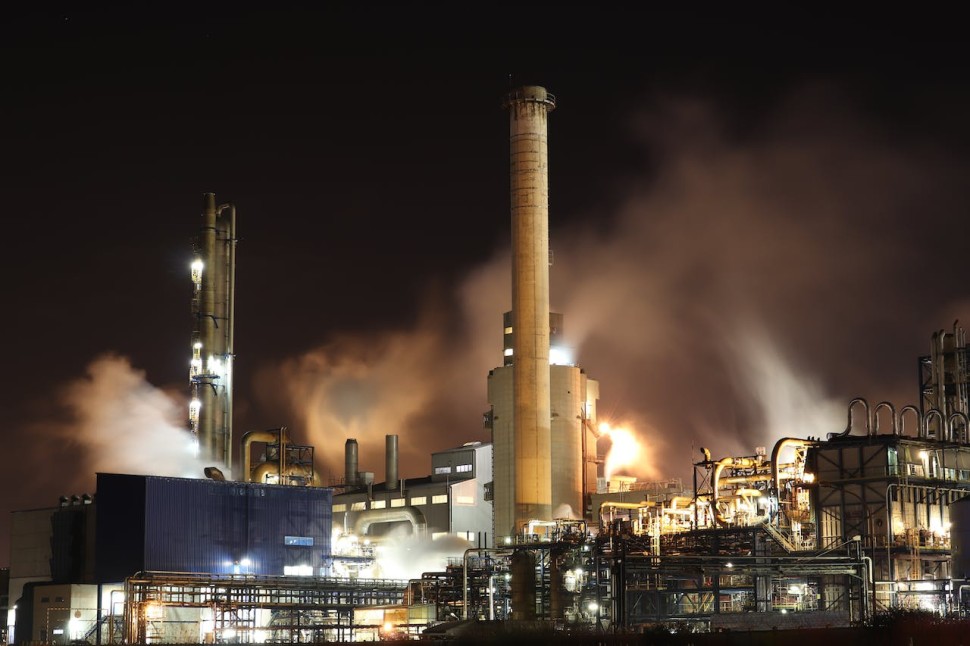
A ruling by a noted appeals court has sanctioned plans for a new petrochemical plant in the region informally known as "Cancer Alley." The move comes despite the area's high concentration of petrochemical facilities and cancer rates.
Following a ruling on a recent Friday, the court endorsed air quality permits for a new plant in a region already studded with about 200 petrochemical facilities. The proposed facility, expected to span a sweeping 2,400 acres, will become the largest plant of its kind in the nation, claims Earthjustice, the nonprofit environmental law organization representing plaintiffs in the case.
Is "Cancer Alley" a Sacrifice Zone for Industrial Growth?
"Cancer Alley," extending across 85 miles, is responsible for a quarter of the U.S. petrochemical production. The region, predominantly inhabited by Black and low-income residents, records a disproportionately high incidence of cancer.
Statistics from the local Tumor Registry denote that seven U.S. census tracts bearing the highest cancer risk are located within this area. As per the Environmental Protection Agency (EPA), inhabitants of a local town in the region face a cancer risk fifty (50) times the national average. Alarmingly, the estimated emissions from the proposed petrochemical plant could triple the levels of carcinogenic pollutants in the neighboring community, as an analysis by ProPublica suggests.
Controversy Surrounds Petrochemical Permits
In a remarkable turn of events in 2022, a judicial district canceled the plant's permits, backing the local activist group RISE St. James. However, the appeals court reversed this decision, reasoning that the department had "reasonably and within its vast discretion determined that any adverse environmental impacts were avoided and/or minimized as much as possible consistent with the public welfare."
The outcome has sparked a strong response from critics, with one founder of RISE St. James stating: "Once again, the state is placing polluters before people. We have a legitimate prerogative to clean and healthy air, and we will continue our struggle to ensure our communities are not rendered sacrifice zones for industry."
Critics express deep disappointment, underscoring the continual practice of approving petrochemical plants without thoroughly evaluating pollutants' comprehensive impact on near-dwelling communities.
The Need for Legal Assistance
Despite this ruling, the path to construct the plant is partially hurdle-free. The company must still draw up the obligatory environmental impact statement to obtain a wetlands permit.
The labyrinth of legal and environmental issues surrounding such developments necessitates expert legal assistance. An experienced attorney well-versed in environmental law can help navigate these complex issues. If you believe your community is facing similar challenges, remember that legal action can be a powerful tool to protect your right to a safe, healthy environment. Reach out to a dedicated, experienced legal professional who can help your community's voice be heard.
Contact an experienced attorney today.
RELATED TOPIC: US Law Schools See Unprecedented Diversity in Applicant Pool Amid Affirmative Action Prohibition




